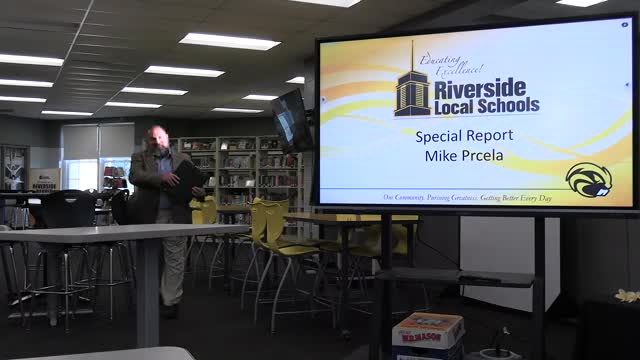Article not found
This article is no longer available. But don't worry—we've gathered other articles that discuss the same topic.
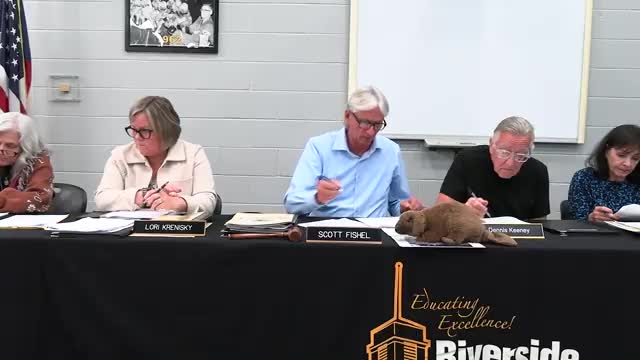
Board OKs additional review days for Brisco Consulting to complete fund 003 forensic work, 3‑2
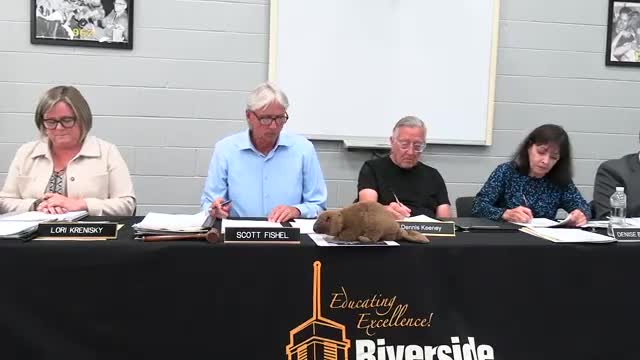
Short‑term plan from township, sheriff and district to ease Madison Avenue drop‑off backups
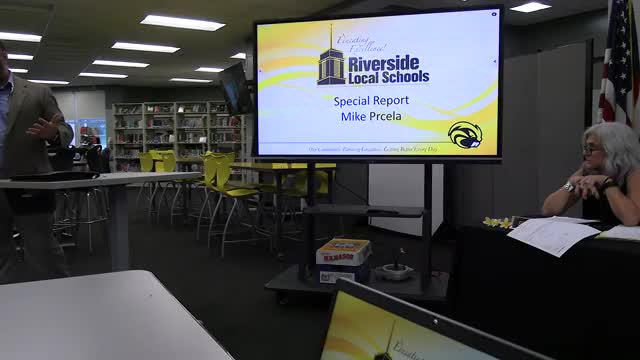
Trustees back plan to form board‑staff committee after survey shows staff morale concerns
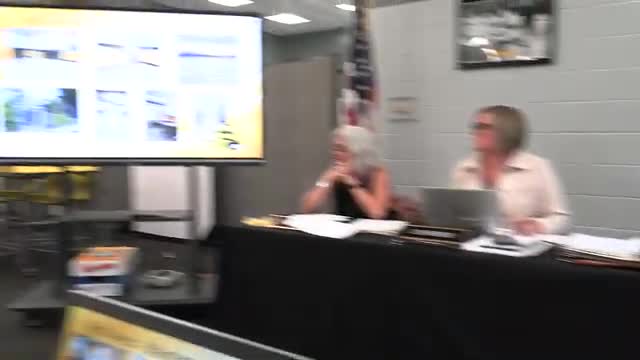
Maintenance team reports summer cleaning, painting and repairs across district
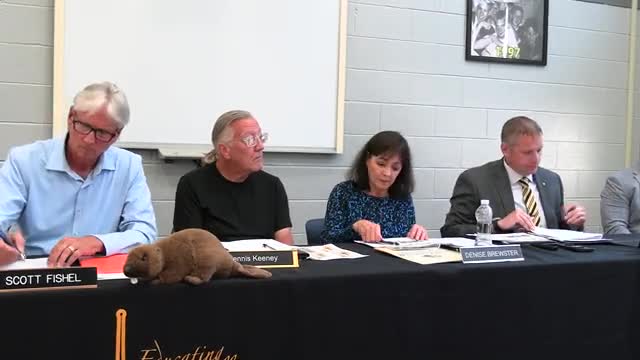
Construction updates: additions enclosed, Buckeye GMP awaited, Riverview/CTE work on schedule
